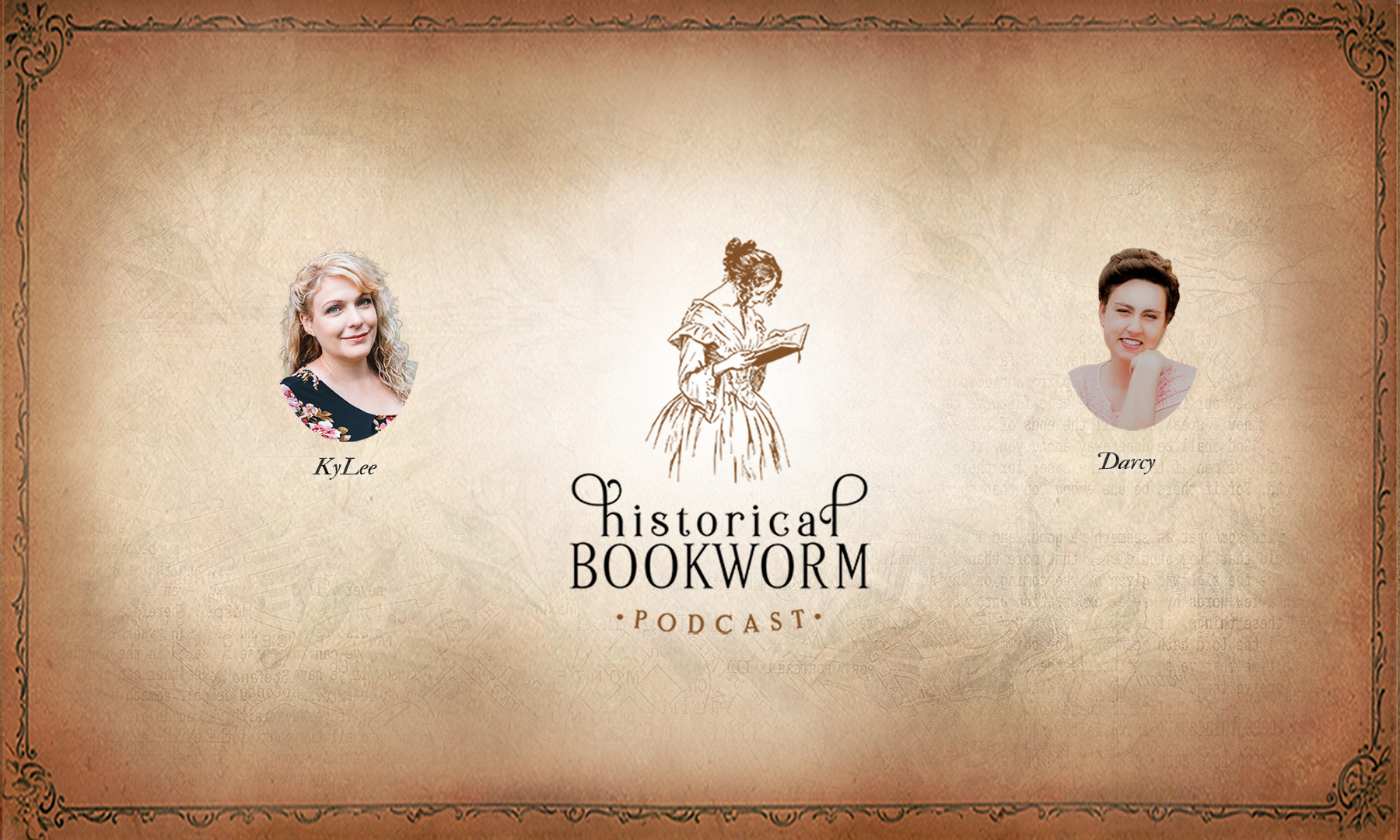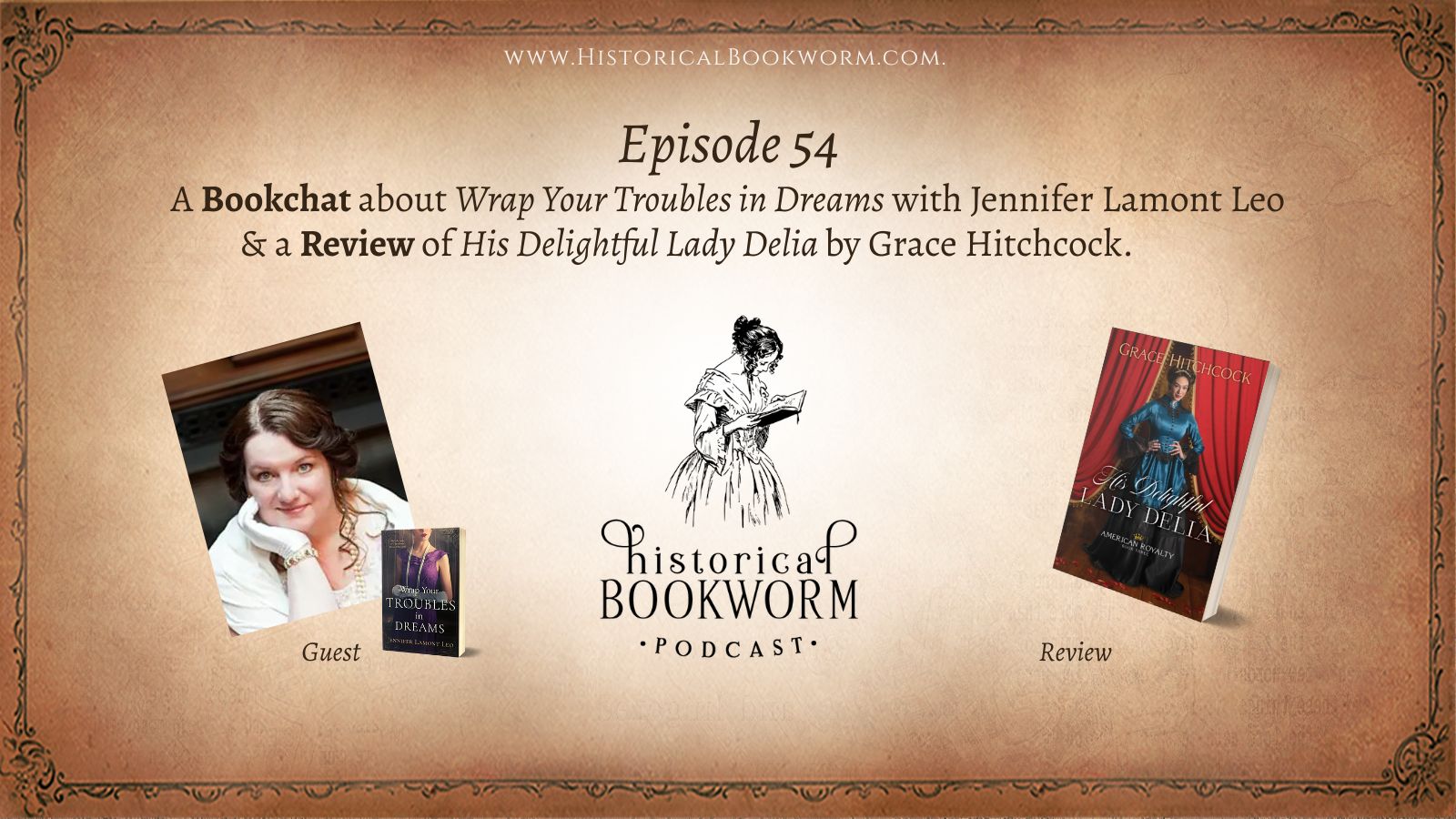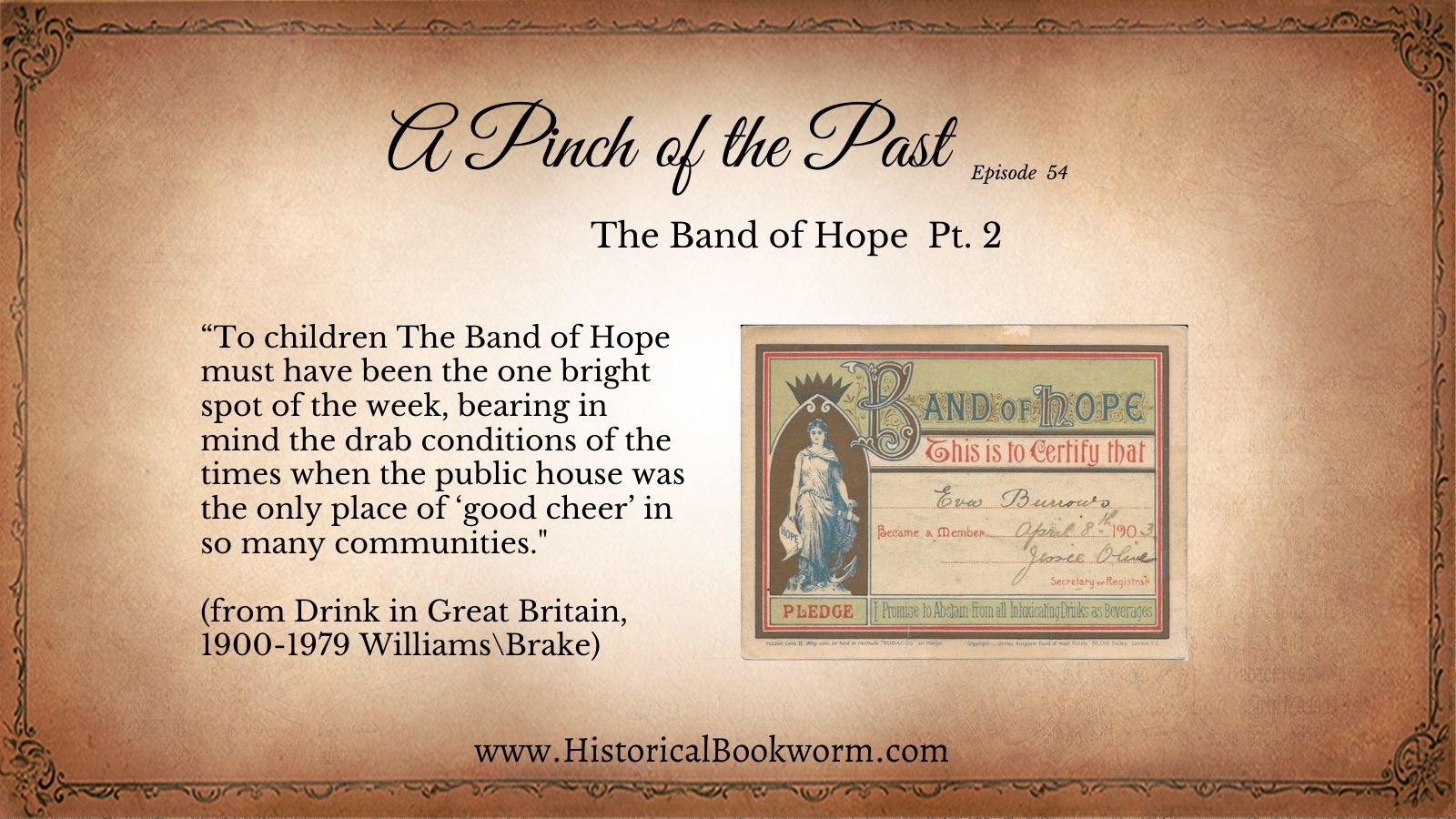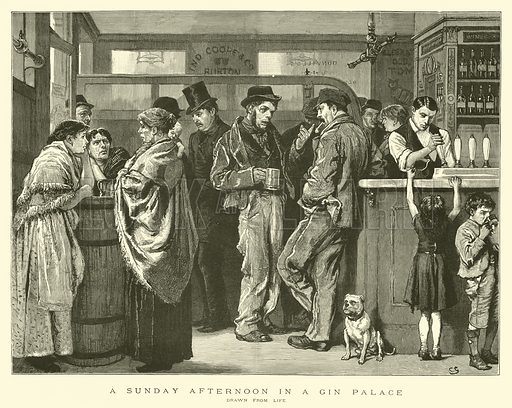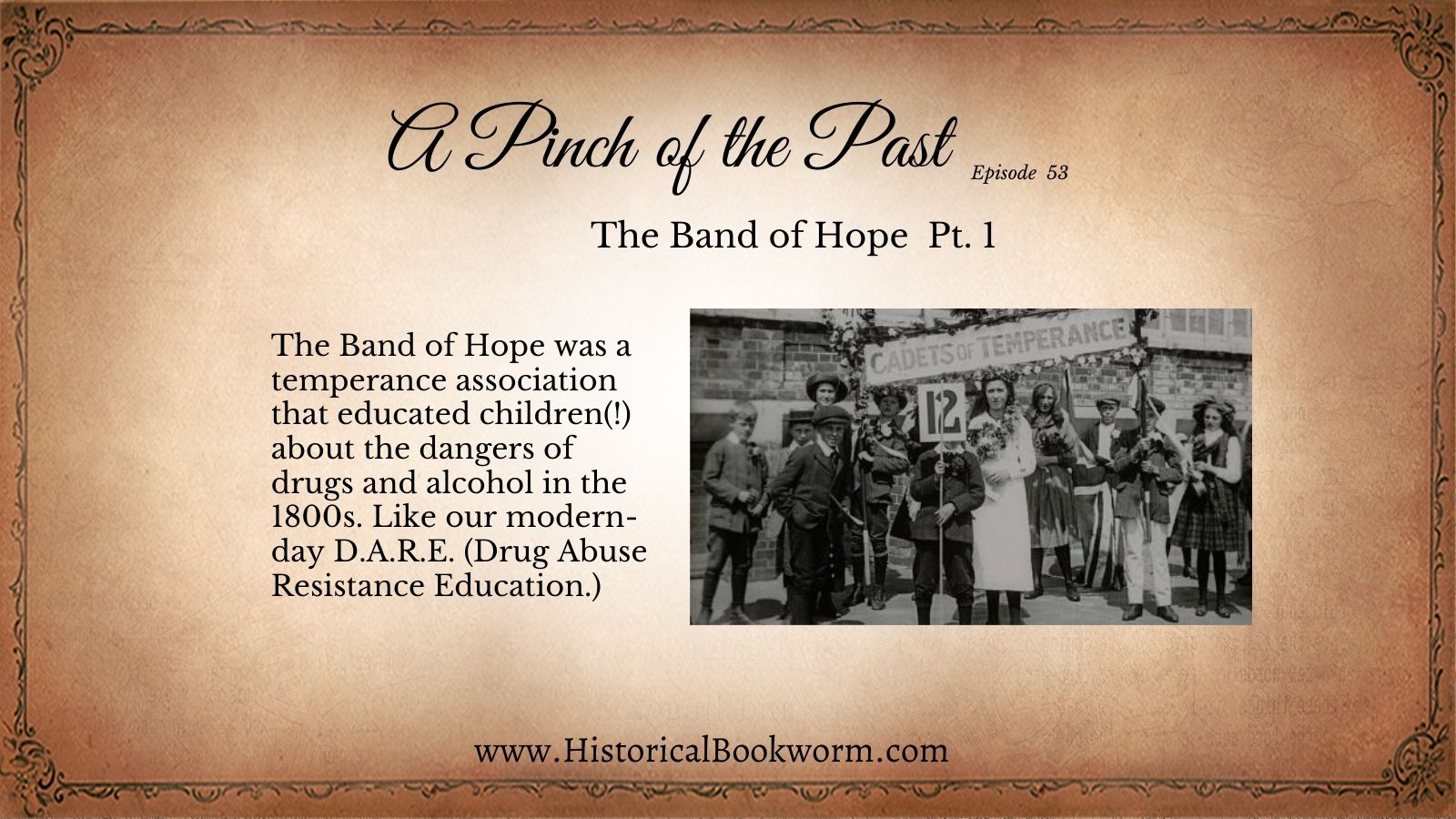The audio version of this artickle was first shared in Episode 53: A Bookchat about A Mark of Grace with Kimberly Woodhouse & a Review of The Debutante’s Code by Erica Vetsch
There is nothing new under the sun. I don’t know how many times I’ve heard my dad say that over the years. I guess I should not have been surprised then when I ran across a temperance association that educated children(!) about the dangers of drugs and alcohol in the 1800s. Like our modern-day D.A.R.E. (Drug Abuse Resistance Education.)
It All Started with an Alcoholic Sunday School Teacher
In June of 1847, Reverend Jabez Tunnicliff visited a young man who was dying of alcoholism. The young man had previously been a Sunday school teacher. He told the reverend, “I want you, if you think it worthwhile to say anything about me when I’m gone, to warn young men against the first glass.”
Rev. Tunnicliff reported this to the Leeds Temperance Society. In August of that same year, they invited Mrs. Ann Jane Carlile to speak about alcoholism to local day schools, Sunday schools, and women’s groups. Some children at these events took pledges not to drink.
In November 1847 the first Band of Hope meeting took place in Leeds. 300 children, 16 and younger, attended and 200 chose to sign a pledge to abstain. The rest had already done so.
Their pledge was, “I, the undersigned, do agree that I will not use intoxicating liquors as a beverage.”
In 1855 the UK Band of Hope Union was formed as many different children’s recreational organizations joined together. They did more than just sign packs to not drink. They also taught about Christianity and the problems associated with drinking. The idea was to inspire children to live healthy, alcohol-free lives.
What did they do?
They produced children’s hymns, pamphlets, and “magic lantern slide shows” to support the group. In addition to sending qualified medical men to schools to speak about the dangers of alcohol and drugs, they also held pageants, festivals, and competitions.
In 1897, Queen Victoria became a patron of The Band of Hope. As a result, many sermons on temperance were preached all over the UK. The archbishop of Canterbury and Dublin headed this movement. While preaching at St. Pauls’ Cathedral, the Arch Bishop of Canterbury said,
“ The old command was ‘do”; the teaching of Christ is ‘be’. The Christian life should be one of ceaseless aspirations towards higher and better things. When an improved mode of life is seen it should be striven for, and it is a sin to neglect any means of attaining it.”
Whew, those are some high expectations. Still, so true. “…the spirit indeed is willing, but the flesh is weak.” Matthew 26:41 – KJV
Part 2 of this article can be found here: Band of Hope Pt. 2
You can find the audio for part 2 on Episode 54: A Bookchat about Wrap Your Troubles in Dreams with Jennifer Lamont Leo & a Review of His Delightful Lady Delia by Grace Hitchcock.
